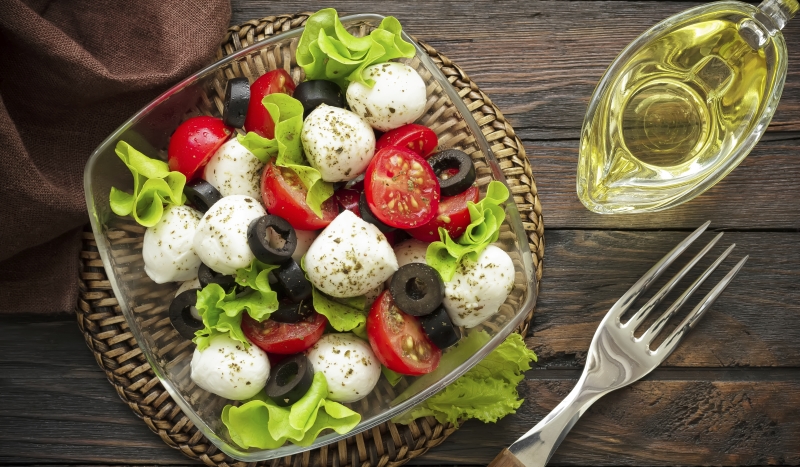
Fancy a Low Fat Diet?
What about cutting out the fat as a way of losing weight? Sounds simple, but in practise our bodies need to have fat, the right kinds of fat, to function.
To achieve sustainable weight loss, a low fat diet is just one of the options available to you. It's not just about buying low fat products though. Did you know, as an aside, that most low fat products like yoghurts have very high levels of sugars. This means they are hardly a dieters dream!
Why is Fat Important?
Did you know that about a third of your daily calorie intake comes from fat and fatty products? Well you do now! So a low fat diet is one that aims to reduce your fat intake in the first place.
Carbohydrates with a low Glycaemic Index should also be included in the diet regularly. Low fat diets should usually comprise of about 1200-1500 calories per day and are an excellent way of gaining sustainable weight loss and control when taken as part of a healthy lifestyle involving not just healthy eating, but also regular physical activity.
Most calories that you consume should, ideally, come from carbohydrates. Many low fat diets recommend this and suggest that eating sugary, salty or processed foods should be avoided.
Low Fat Diets for Weight Loss?
With low fat diets, weight loss is usually sustainable as the initial amount of weight that you lose is fairly small, around 2lbs per week. This means that dieters can generally maintain weight loss as opposed to other diets where people can experience a greater initial weight loss more rapidly but the results are much harder to maintain and when they revert to their usual eating habits, they tend to gain weight more quickly.
Some fats are god for you too. These include monounsaturated fats found in sunflower or olive oil, for example which are helpful at keeping the heart healthy. Reducing saturated fats and increasing monounsaturated fats is highly recommended for providing excellent health benefits.
Oily fish such as mackerel contains omega-3 fatty acids which can prove to be extremely healthy for your heart. You should also try to limit the amount of hydrogenated oils you consume as these can elevate blood cholesterol levels which can lead to a higher risk of developing heart disease, heart attacks and strokes.
Generally, it is a good idea to replace fats that are bad for you (saturated) with those that are healthier for you (polyunsaturated). Saturated fats can be found in such foods as butter, some vegetable oils and fats in meat. Unsaturated fats include monounsaturated and polyunsaturated fats and are found in foods such as sesame oils, olive oil, fish and nuts.
Our Opinion
Slow weight loss equals more sustainable weight loss in the long term however the bad news is.. you still have to have the willpower to keep on the straight and narrow.
Examples of diet plans :
» Hollywood diet
» Ketogenic diet
Most Popular
- › Your Calorie Intake for Weight Loss
- › Artificial Sweeteners as a Sugar Replacement
- › Balanced Diets - Tips & Advice
- › What is Healthy Weight Loss?
- › 5 A Day for Healthy Eating
- › Home Gyms for Exercising
- › Fat Burning Exercises
- › Activities for Getting Fit
- › The Keto Diet Plan - High Fat, Low Carbs
- › Eating Healthy Foods
You may also be interested in...
What are Low Fat Diet Plans?
When you’re trying to lose weight, low fat diet plans seem to make a lot of sense – surely eating less fat will make you, well, less fat? Get the low down on these diets now.Eating Low Fat Foods
Slimming.co.uk provides information on eating low fat foods and what it means for your diet and daily nutritional balance of foods.Low Calorie Diet Plans
If you want to read about low calorie diets and find out what they are and whether they are suitable, then we can get you started with suitable programs and some great tips.Which Weight Loss Diet?
It's what everyone wants - a weight loss diet that actually works. But how do you actually go about doing that? Find out more on slimming.co.uk.Types of Diets
Why not see which types of diets are out there. From low salt to high fibre or high protein, the weight loss programs nearly all fit into a category.
